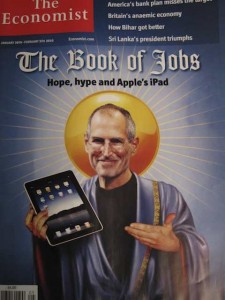From Dave Winer.
Yet Google, so far, has only said they’re sorry for the “concern” they’ve caused. That shows that they’re not owning up to the breach they caused. They can’t possibly be so stupid as to not understand what they revealed about users of Gmail. It’s just the kind of weaselly response to a building crisis that PR pros tell you not to do, that covering up will only make it worse when people realize what’s really been going on. But that assumes a competent and vigilant press. That would be too much to assume in the case of Google and its coverage.
The Don’t Be Evil smokescreen was pure brilliance. As Michael Gartenberg said on Twitter, if Microsoft had done what Google did, there would already be lawsuits. It would be a scandal of huge proportion.
The NY Times won’t call it a breach of trust by Google. Instead they attribute the claim to “privacy experts.” I raised this point, and predictably people say that the Times shouldn’t make factual statements about companies who screw up anywhere but in editorials. That’s ridiculous. A fact is a fact, and belongs in reporting. It’s a fact that Google revealed sensitive information about millions of users, and now they’re scurrying to try to cover it up. And the press is helping them buy time. Why? I have no clue, but I don’t like it.
Spot on. Especially the bit about how Don’t Be Evil is a smokescreen. Corporations are not — and cannot be — moral beings. They do what they have to do, which is make money for their shareholders. Period. The best one can hope for is that they obey the law. Everything else — including “Corporate Social Responsibility” is basically hooey.









